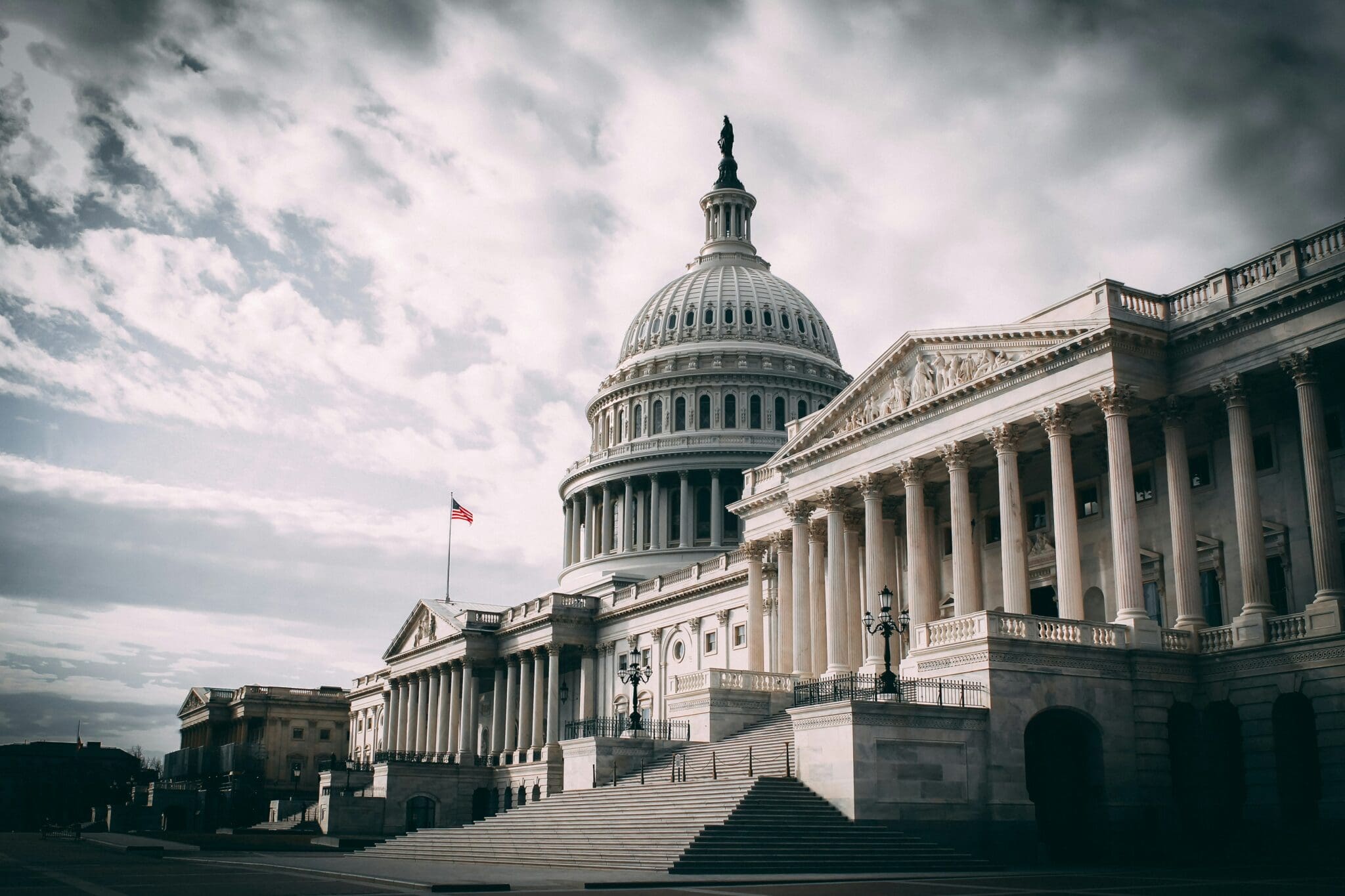Capitol Hill lawmakers Wednesday issued warnings of a “national security threat” hours before a House vote on a controversial law that allows federal law enforcement to conduct warrantless surveillance.
Section 702 of the Foreign Intelligence Surveillance Act (FISA) permits intelligence services to monitor non-citizens of the United States abroad on a targeted basis. Intelligence analysts can gather information about an individual’s communications by running particular identifiers, like a name or email address, through a database on the target.
However, occasionally, the analysts perform a “US person query,” which retrieves messages using identifiers about US residents such as names and addresses. For instance, if private conversations involve a non-US individual who is suspected of providing foreign intelligence, an FBI agent may utilize information about the taxpayer to search the taxpayer’s correspondence.
Congress renewed Section 702 in December, but only with short-term reauthorization. This means the law will expire on April 9th without congressional action. A Republican bill that was scheduled for a vote this week aims to reform Section 702 to better protect the privacy of Americans.
But just hours before the vote, House Permanent Select Committee on Intelligence Chairman Rep. Mike Turner (R-OH) warned of a national security threat.
“Today, the House Permanent Select Committee on Intelligence has made available to all members of Congress information concerning a serious national security threat,” Republican Rep. Mike Turner of Ohio wrote in a statement. “I am requesting that President Biden declassify all information relating to this threat so that Congress, the Administration and our allies can openly discuss the actions necessary to respond to this threat.”
The vote on Section 702 was immediately postponed.
“In order to allow Congress more time to reach consensus on how best to reform FISA and Section 702 while maintaining the integrity of our critical national security programs, the House will consider the reform and reauthorization bill at a later date,” Speaker Mike Johnson’s Deputy Chief for Communications Raj Shah said in a statement three hours later.
Court records that were made public in May showed that FBI agents used the Section 702 database to conduct 278,000 targeted searches on US persons between 2020 and the beginning of 2021. A few were singled out “in connection with civil unrest and protests” that the nation was experiencing following the death of George Floyd. Some were singled out due to their political affinities. A batch inquiry was conducted by an FBI analyst on 19,000 American donors to a certain political party on the grounds that the party was “a target of foreign influence.” The FBI conducted 23,132 searches on Americans after January 6.




